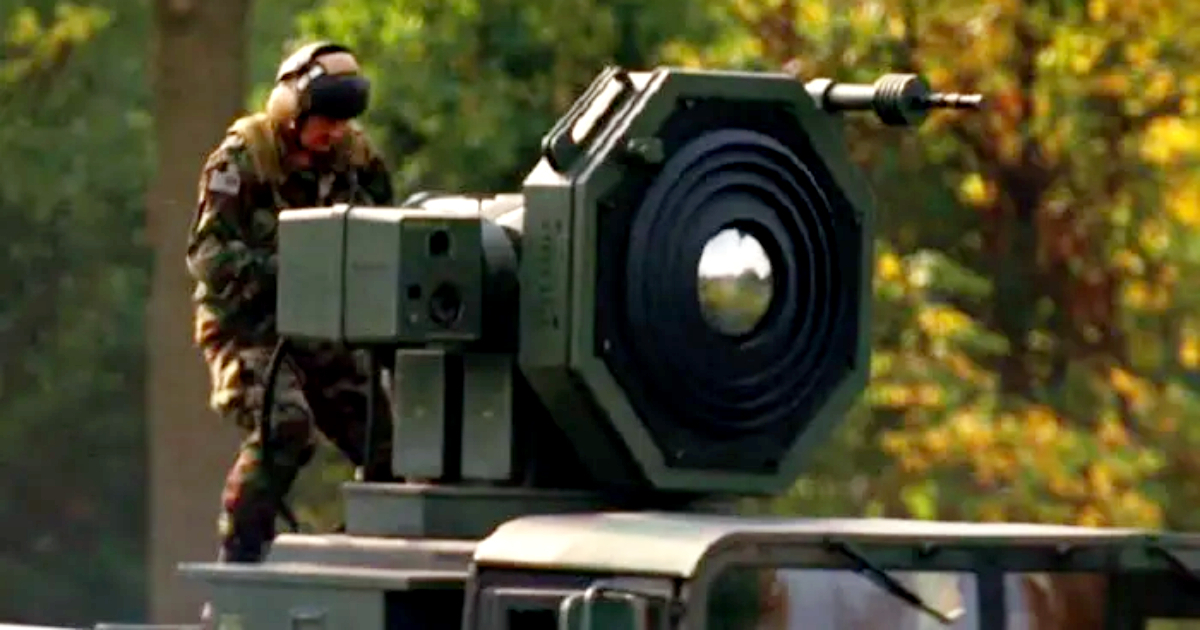
Related videos:
The "Havana Syndrome," which since 2016 has affected hundreds of U.S. officials with symptoms such as migraines, vertigo, and brain injuries, is back in the spotlight following the release of a new intelligence report in the United States.
Two U.S. agencies have indicated that a "foreign adversary" might be behind a small number of cases, although direct evidence is still insufficient to establish a strong connection, according to El Nuevo Herald.
The report, published on January 10, 2025, reflects divisions within the U.S. intelligence community. While two agencies believe that foreign actors have developed advanced technology capable of causing these symptoms, five other agencies consider this hypothesis unlikely.
Despite these discrepancies, none of the evaluations manages to identify a specific incident or a direct responsible party.
A National Security Council (NSC) official explained that the investigations are focused on understanding the reported anomalous health incidents, leaving open the possibility of foreign implications.
However, the agencies have acknowledged that there is no evidence linking any government to specific events, not even in the cases that occurred in Havana.
Revelations about possible culprits
Independent investigations by 60 Minutes, Der Spiegel, and The Insider have suggested a possible involvement of the Russian military intelligence (GRU), specifically Unit 29155.
This group has been identified as responsible for the use of "directed energy weapons" that may have caused the symptoms described by the victims. However, the CIA and the Office of the Director of National Intelligence (ODNI) have dismissed these claims, labeling them as speculative.
Reactions of the victims and internal controversies
The victims of "Havana Syndrome," including U.S. officials assigned to Cuba, Russia, and China, have criticized the lack of transparency in the investigations.
In a recent meeting at the White House, the NSC expressed its support for those affected, apologizing for the treatment received and promising to continue the investigations, according to statements reported by El Nuevo Herald.
On his part, Marc Polymeropoulos, a former CIA officer affected by this syndrome, emphasized that this new report could represent a significant advancement, although he lamented the resistance from some sectors within the intelligence community.
Accusations of cover-up have also come to light. A report from Congress, published in December 2024, questioned the 2023 assessment that dismissed the involvement of foreign actors.
This document pointed out possible attempts to hinder investigations by the CIA, which has sparked a debate on the handling of this phenomenon.
Cuba at the center of controversy
The "Havana Syndrome" began to be reported in 2016, when American diplomats in Cuba experienced a series of unexplained symptoms.
This led to the partial closure of the United States Embassy in Havana and to the deterioration of bilateral relations. Although the Cuban government was initially blamed, subsequent investigations ruled out its direct involvement, leaving the case unresolved.
Since then, similar cases have been reported in other countries, such as Russia and China, suggesting a broader pattern. The lack of concrete evidence has made it difficult to identify a responsible party, and the phenomenon remains a challenge for both the intelligence community and medical experts.
Political impact and future of the investigations
The "Havana Syndrome" has not only affected the victims but has also had a significant impact on the foreign policy of the United States.
The administration of Joe Biden has prioritized recognizing and addressing the affected individuals, while Congress continues to push for clear answers. However, the discrepancies within the intelligence community and the lack of definitive evidence hinder progress toward a resolution.
The latest report highlights that the development of "directed energy technology" by foreign actors could pose an emerging threat. This potential technological advancement underscores the need to strengthen defense capabilities and international cooperation to protect U.S. personnel abroad.
An unresolved mystery
The "Havana Syndrome" remains a mystery, with implications that extend beyond the health of the victims.
The lack of consensus within the intelligence community reflects the complexities of a phenomenon that could redefine national security and international relations.
Filed under: